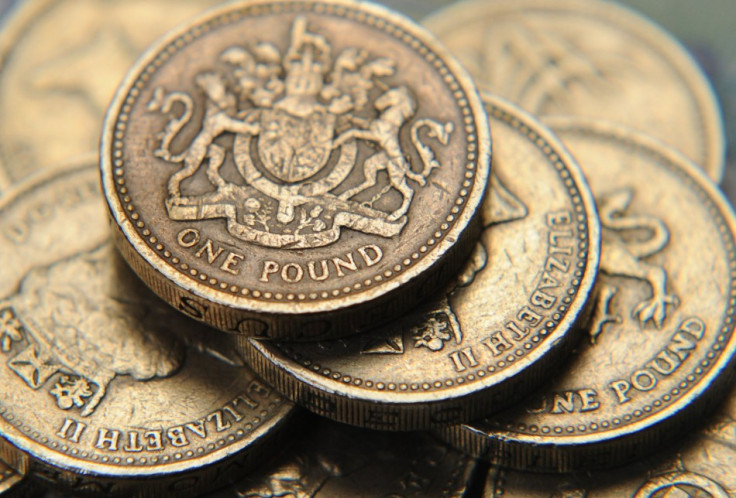Rejoice! UK's Tax Freedom Day Has Arrived

Tax Freedom Day, the day the average UK worker has theoretically paid all their year's tax to the Treasury, has arrived.
Calculations by free market think tank the Adam Smith Institute (ASI), which marks Tax Freedom Day each year, put 2013's date at May 30 - after 150 days of labouring for the state.
ASI wonks measure Tax Freedom Day from local taxes, direct and indirect national taxes, and national insurance contributions as a proportion of the UK's net national income. They then work out how long into the year it is the average worker has paid off their tax burden.
"In the Middle Ages a serf only had to work four months of the year for the feudal landlord, whereas in modern Britain people have to toil five months for Osborne's tax gatherers," said Dr Eamonn Butler, director of the ASI.
The ASI said Britons should be jealous of their US and Australian cousins, whose Tax Freedom Days fall in mid-April, though the country's French neighbours are the state's tax slaves until July.
Critics say that taxation should be reduced to encourage consumer spending, business investment, and job creation that would spur on growth in the UK's moribund economy.
The coalition government has increased the personal allowance threshold - the amount a worker can earn before paying income tax - each year since it took power in May 2010.
However, in January 2011 it put up VAT to 20% - more than offsetting any gains from the personal allowance rises.
High earners have also had a controversial tax cut. The top rate of income tax was slashed to 45% from 50% in April 2013.
"An increasing number of economists believe that Britain's taxes are too high and are choking off recovery," said ASI's Butler.
"Some politicians say they need to keep taxes high in order to balance the government's books. But the trouble with governments is that they always spend everything they raise in tax - and then as much more as they can get away with through borrowing.
"Just as the rest of us have had to cut back, so should the government. The UK economy would be a lot healthier for it."
© Copyright IBTimes 2024. All rights reserved.






